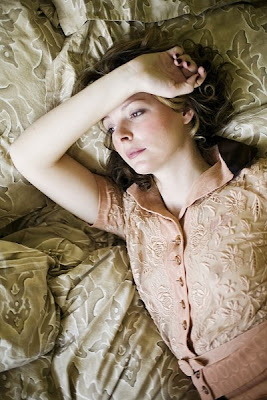What is the normal menstrual cycle period?
A woman’s menstrual cycle may be long or short, predictable or unpredictable. It may change from month to month over the years or it may stay pretty much the same. What is normal for one woman is not essentially normal for another. But there are certain facts about the menstrual cycle that can help you know what is normal for your body. Whether you simply want to know more about your body, are trying to increase your chances of getting pregnant or want to avoid pregnancy, this page will help you find the relevant information you need.
Normal and abnormal period cycle
Most period cycles are 28-days long. A variation of a few days more or less is quite normal and small variations from cycle to cycle are also normal. Some young girls might have a 24-day period cycle, a 30-day cycle or even longer, which is also normal. Period cycles may be 21–45 days immediately after the first period or menarche happens. After a couple of years, the cycles shorten to a length of 21–34 days. Usually, after a year or two, the period cycle becomes more regular. Some women continue to have irregular periods even after their teenage years. Irregular periodic cycles or period cycle of less than 21 days or more than 35 days is considered abnormal.
Causes of irregular period cycle
Some common causes of irregular menstrual cycle are stress, tension, medications and levels of caffeine intake. Cigarette smoking and excessive alcohol intake also leads to abnormal period cycles. Other common causes of irregular menstrual cycles include significant weight gain or weight loss, over-exercising, breastfeeding, poor nutrition, chemotherapy, eating disorders, hormonal imbalance, recent childbirth, miscarriage and uterine abnormalities. It is reported that 1 in 5 women have an irregular period cycle.
Period cycle length and ovulation chart
It is important to keep a period cycle chart to know the probable ovulation day. This can help you to get pregnant or to avoid pregnancy.
| Cycle length | Probable ovulation day |
| 25 | 11 |
| 26 | 12 |
| 27 | 13 |
| 28 | 14 |
| 29 | 15 |
| 30 | 16 |
| 31 | 17 |
| 32 | 18 |
| 33 | 19 |
| 34 | 20 |
| 35 | 21 |








